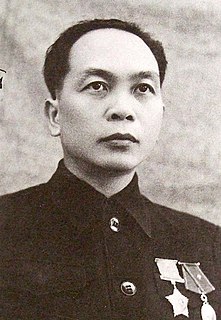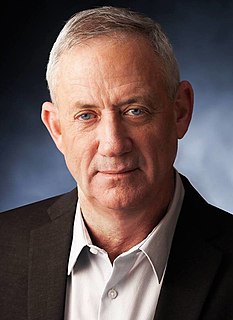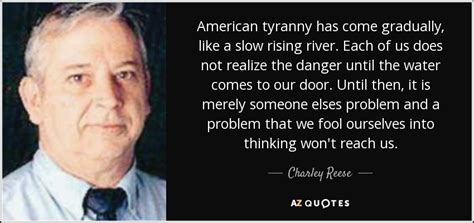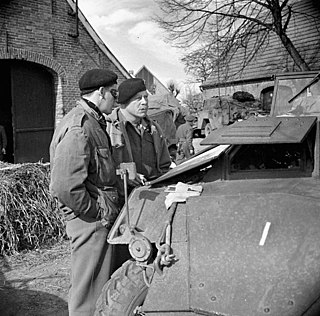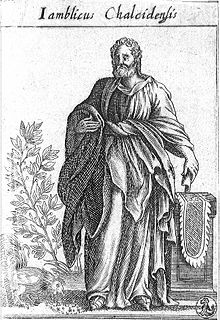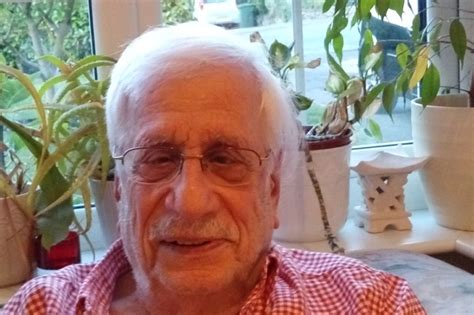A Quote by Walid Muallem
Laying siege to enemy-controlled cities allows attacking armies to keep their own casualties low by avoiding urban combat.
Related Quotes
If Americans wish to preserve a country they will recognize, then the first step is to recognize the enemy. Public education is the enemy. The entertainment industry is the enemy. The corporate culture is the enemy. The advertising industry is the enemy. And most of the politicians in both parties are the enemy. An enemy is defined as anybody, or any organization, which is attacking the traditional beliefs of Americans.
We read our mail and counted up our missions In bombers named for girls, we burned The cities we had learned about in school Till our lives wore out; our bodies lay among The people we had killed and never seen. When we lasted long enough they gave us medals; When we died they said, "Our casualties were low." They said, "Here are the maps"; we burned the cities.
By 2050, seven out of ten people will live in cities, which will account for six billion people living in urban areas. That phenomenon is central to all the challenges humanity faces. If there is an issue to be addressed, then it is certainly happening in cities and therefore must be considered on an urban scale.
We have learned that terrorist attacks are not caused by the use of strength; they are invited by the perception of weakness. And the surest way to avoid attacks on our own people is to engage the enemy where he lives and plans. We are fighting that enemy in Iraq and Afghanistan today so that we do not meet him again on our own streets, in our own cities.
To the extent that our workers compete with low-paid Mexicans, it is as much through undocumented immigration as trade. This pattern threatens low-paid, low-skill U.S. workers. The combination of domestic reforms and NAFTA-related growth in Mexico will keep more Mexicans at home. It is likely that a reduction in immigration will increase the real wages of low-skilled urban and rural workers in the United States.
As the world's "most dynamic" cities seek to manage their own urban growth, American state and local officials have much to offer. Our mayors can share their experiences in urban design, clean energy projects, Smart Grids, codes for energy efficient buildings, transportation safety, and innovative environmental solutions.
When you're attacking a router on the internet, and you're doing it remotely, it's like trying to shoot the moon with a rifle. Everything has to happen exactly right. Every single variable has to be controlled and precisely accounted for. And that's not possible to do when you have limited knowledge of the target you're attacking.



